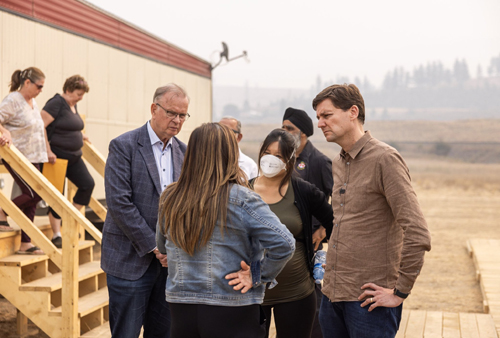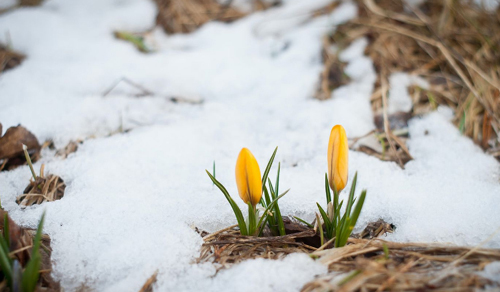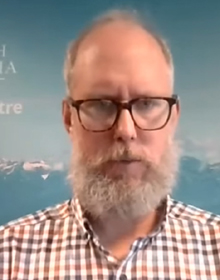Friday March 8, 2024 | VICTORIA, BC [Updated March 9, 2024]
by Mary P Brooke | Island Social Trends
It seems early in the season to be talking about summer drought for 2024. But that likelihood has been on the mind of environment and climate advisors since last fall.
Today during a Ministry of Water, Land and Resource Stewardship media session, the BC River Forecast Centre told media that a low amount of snow from Fall 2023 into Spring 2024 so far will understandably lead to low stream flows this spring.
It could lead to concerns about drought and wildfire risk for summer and fall 2024, said Dave Campbelll of the River Forecast Centre including here on south Vancouver Island.
“Stream flow of the last couple of years is more significant even than low snow pack,” said Campbell in response to a media question from Island Social Trends today. That means that rain around May or June could tip the scales to a less drought-challenged summer season.
He also noted warmer temperatures being a concern for the southern Interior which could lead to flood hazard.
Gentle nudge to local water supply authorities:
In 2023, the Capital Regional District (CRD) did not change their conservation advisory level. The usual Stage One of the CRD Water Conservation Bylaw came into effect May 1 and lasted to September 30, as has been the case for many years.
Campbell would not recommend any changes to “local” water supply management authorities (either Greater Vancouver or Greater Victoria) but said that information is being released early in the year so that discussions and decision-making can be undertaken.
The point of today was to “highlight the snowpack side of things and get that information out and allow for people to have so they can make informed decisions,” said Campbell.
Campbell highlighted the years 1977 and 2001 as having low snow pack. What might be different for 2024 is the preceding drought years of 2022 and 2023.
Evolution in terms of drought and water management:
“There’s been a lot of evolution in terms of drought and water management over that period,” said Campbell today.
“We look at those as benchmarks and helps us with our understanding of drought and current conditions and what that might mean,” he said.
“We did see periods of low flows in those years but we’ve also seen flows in years where we’ve had higher snowpack and that summer weather played the most important role. The stream flow thing really has been the lowest in the last couple of years. In terms of the flow side of things, those years jump out as being more significant drought years than even the years with the low snowpack,” Campbell articulated.
On the Premier’s radar:
Back in December 2023 during his Christmas-season rounds with media, Premier David Eby was already expressing concern about low snowfall levels and how that might build upon drought conditions of 2022 and 2023 to produce a challenging wildfire season in 2024.

===== RELATED:
- Heavy rainfall warning for Monday Dec 4 into Tuesday (December 4, 2023)
- Eby visits wildfire areas along with federal emergency preparedness minister (August 22, 2023)
- Three days of rain not enough to reduce drought (July 27, 2023)
- CRD not increasing summer water restrictions past Stage 1 (July 11, 2023)







